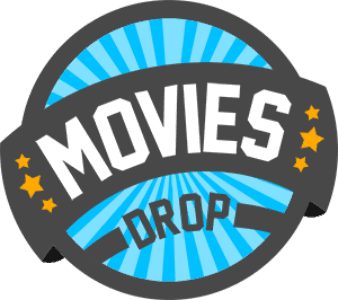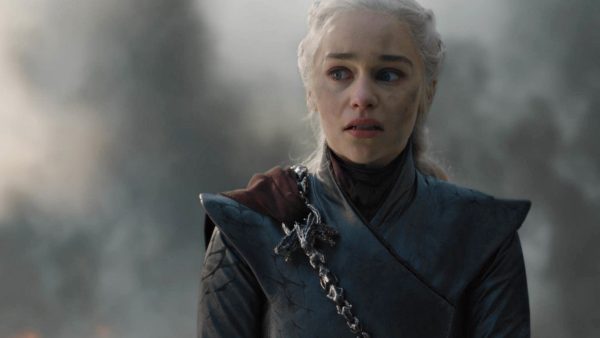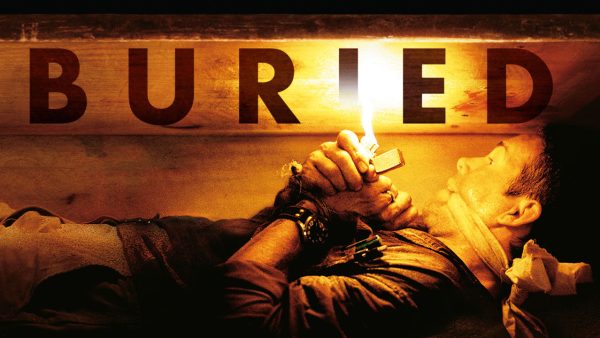Who doesn’t love a good superhero movie? From Superman to Batman, to Spiderman to Iron Man, superheroes are an irreplaceable part of pop culture. DC and Marvel movies were some of my favorite films to watch growing up because there was something oddly comforting about superheroes. My personal favorite was Spiderman – in many ways, he seemed like a lot like me, insecure about talking to his crush, perhaps a little too nerdy, and being bullied at school. But when he put on his super suit, he was a hero who saved millions of lives.
But as an adult, I can see that my younger self happening to like Spiderman for these reasons was no coincidence. At the end of the day, Spiderman is a character who was designed to appeal to kids like me. It’s in the very DNA of superheroes to give them some flaw or insecurity they struggle to overcome so the audience can find them to be more relatable. This is connected to the idea that Superheroes – even the alien ones – are ultimately human, just like you and me. They are, at their core, good people. And if there’s an evil villain with superpowers, well, there are more than enough good superheroes in the world to stop them.
The Boys – Amazon Prime Original Series
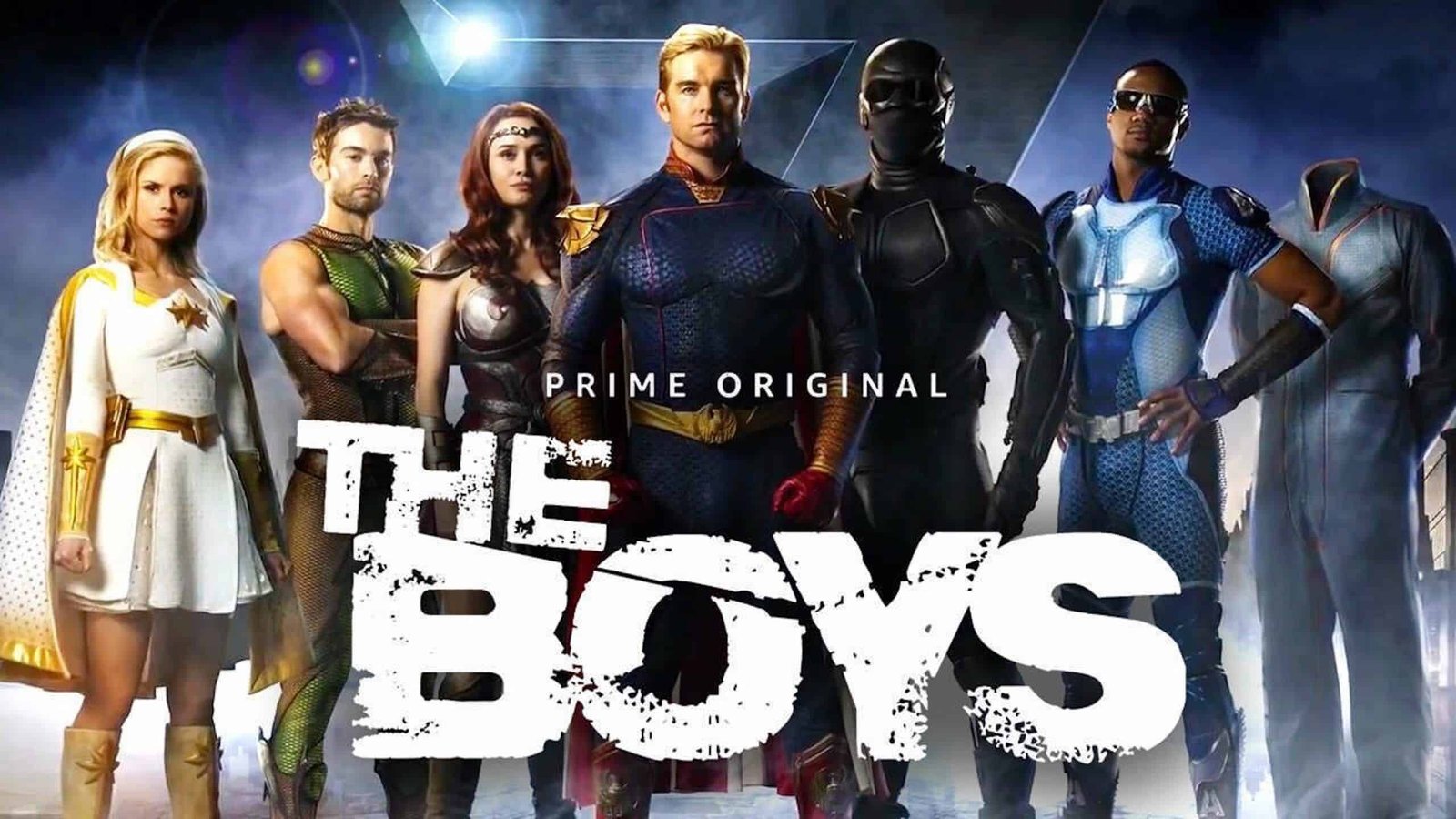
But ‘The Boys’, streaming on Amazon Prime, is a dark satire show that asks, what if superheroes were never the pure-hearted martyrs we know them to be? After all, with nearly unlimited power, why would they deign only to use their powers for the greater good if it didn’t benefit them in some way? And what happens when these powerful beings are celebrated and put on a pedestal despite nobody knowing their true intentions?
‘The Boys’ provides an answer for all these questions in its alternate universe. The world we see in this show is both similar to the settings in superhero movies as well as our own real world. Superheroes exist, and they save people, but only in front of a camera. They don’t use their powers for the greater good, but so the huge corporation Vought that owns and controls them can make superhero movies and merchandise.
At the very beginning of the first episode, the first interaction we have with a superhero on screen is A-Train, the in-universe counterpart of the Flash. Unlike Flash, however, our impression of A-Train is immediately dark. A-Train, running at insanely high speeds, accidentally runs through the protagonist, Hugie’s girlfriend, splattering her bones and guts all over him. When he realizes what happened, he mutters, “I’m sorry, I can’t stop,” and zooms away.
The scene (also included in the show’s trailer) establishes everything ‘The Boys’ is trying to get at. If superheroes were real, they would never think of themselves as human. Regular human beings are way too powerless and disposable, nothing more than “collateral damage.” Later in the episode, we see A-Train laughing about this death, but Hughie tries desperately to bring A-Train to some kind of justice, but not only does he fail because Vought is powerful enough to sway justice systems, he is also bombarded with A-Train’s images everywhere he looks thanks to the hundreds of sponsorships that carry A-Train’s face.
“The Seven” From The Marvel And The DC
As a part of The Seven, the in-universe parody of the Avengers, A-Train is untouchable. Most Seven members are recognizable Superheroes we know but much darker than their child-friendly counterparts. Based on Wonder Woman, Queen Maeve is a decent person at heart but has grown indifferent to the twisted system she’s a part of. The Deep, a parody of Aquaman, is a deeply insecure man who sexually assaults female fans and co-workers. Translucent, most comparable to Green Lantern, enjoys sitting in women’s changing rooms invisible while simultaneously reveling in the media worship rained on him.
The worst of all of them is Homelander. A twisted mash-up of Captain America and Superman, Homelander is the leader of the Seven and the least human of them all. He is a positively evil egomaniac willing to kill innocents without a second thought. While the other heroes may come off as sympathetic or even comic, Homelander sends a chill down your spine. He is the very symbol of unchecked, gratuitous power in the hands of a psychopath.
The only character in the series that fully resembles the superheroes we know and love is Annie, a.k.a Starlight. Annie, too, initially shares our naive outlook on superheroes as selfless but powerful saviors, but as soon as Annie signs on as a part of the Seven, she is unable to do any of the good she used to work on her own. When she tries to stop a rape, Annie is prohibited from attempting to help ever again for PR reasons.
The Boys vs The Seven
It’s easy to understand ‘The Boys’ message as just “what if superheroes are bad?” But the show points to a larger problem of idolizing celebrities and their sanitized public images and placing undue power in the hands of largely unaccountable individuals. The Seven are not only admired but they are also worshipped to the point where some of its members struggle to cope with the idea of falling from grace.
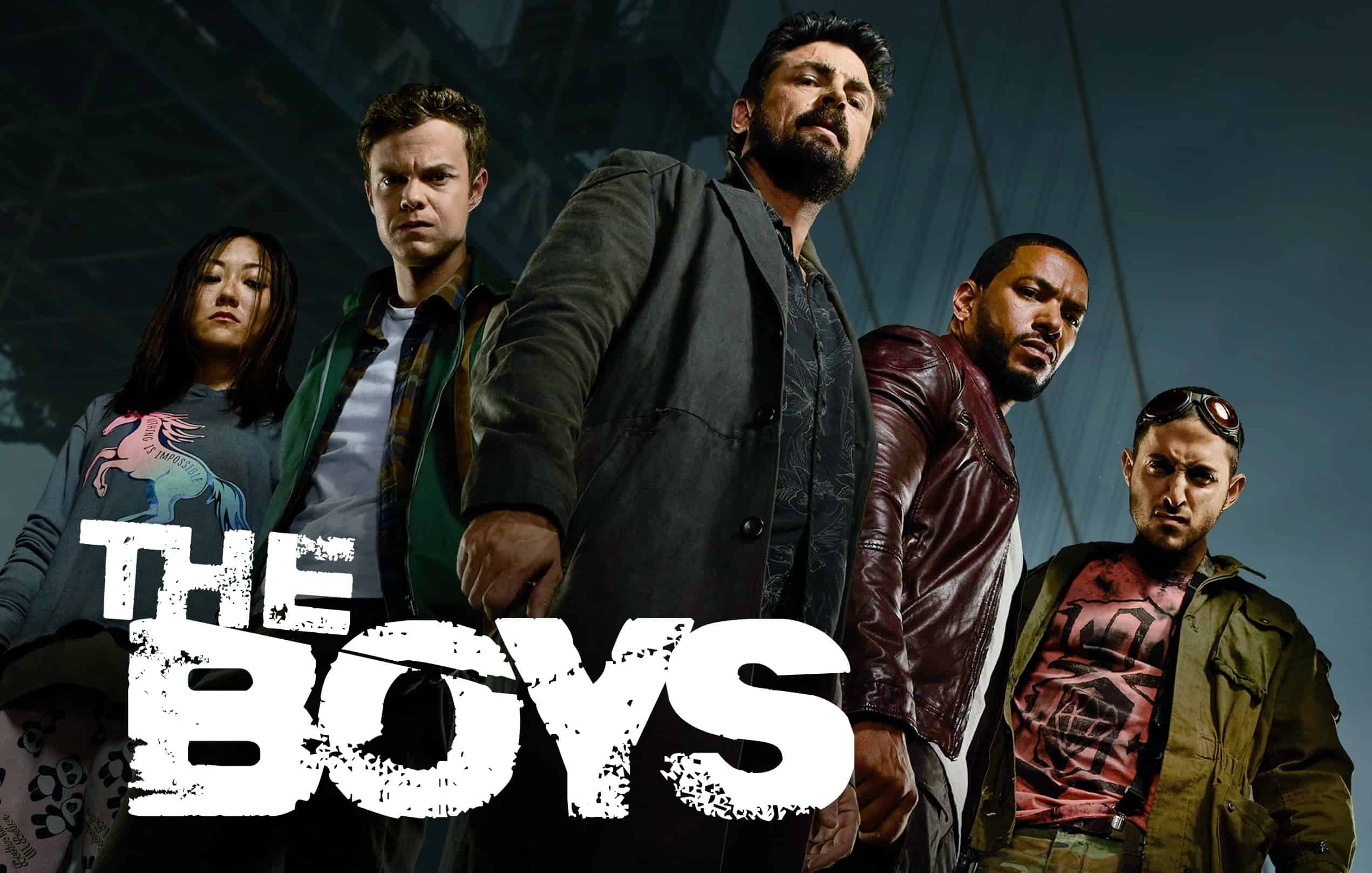
They are invincible superheroes, yes, but their real power comes from having the general public eat up every single movie, product endorsement, and speech they put out. The show’s protagonists, The Boys, are vigilantes within the show’s framework because the superheroes have successfully captured the public’s overwhelming support.
Perhaps more insidious than the superheroes themselves is Vought, the megacorporation not unlike marvel that has profited enormously from the endless marketing of the superheroes and the sheer volume of stuff they sell with them. Even today, it’s impossible to take a walk in any mall without spotting at least 10 different superhero-themed products, and the situation is no different in the world of ‘The Boys’.
After reading all this, you may wonder, are superheroes bad, actually? Have I been wrong to enjoy DC and Marvel movies all along? Of course not! The original superhero stories are still super entertaining and relatable, and that doesn’t have to change. However, it helps to be aware of the dynamics of consumerism and profits that underscores each of these stories and to remember that these heroes, or the actors who play them, are only as powerful as we allow them to be.
